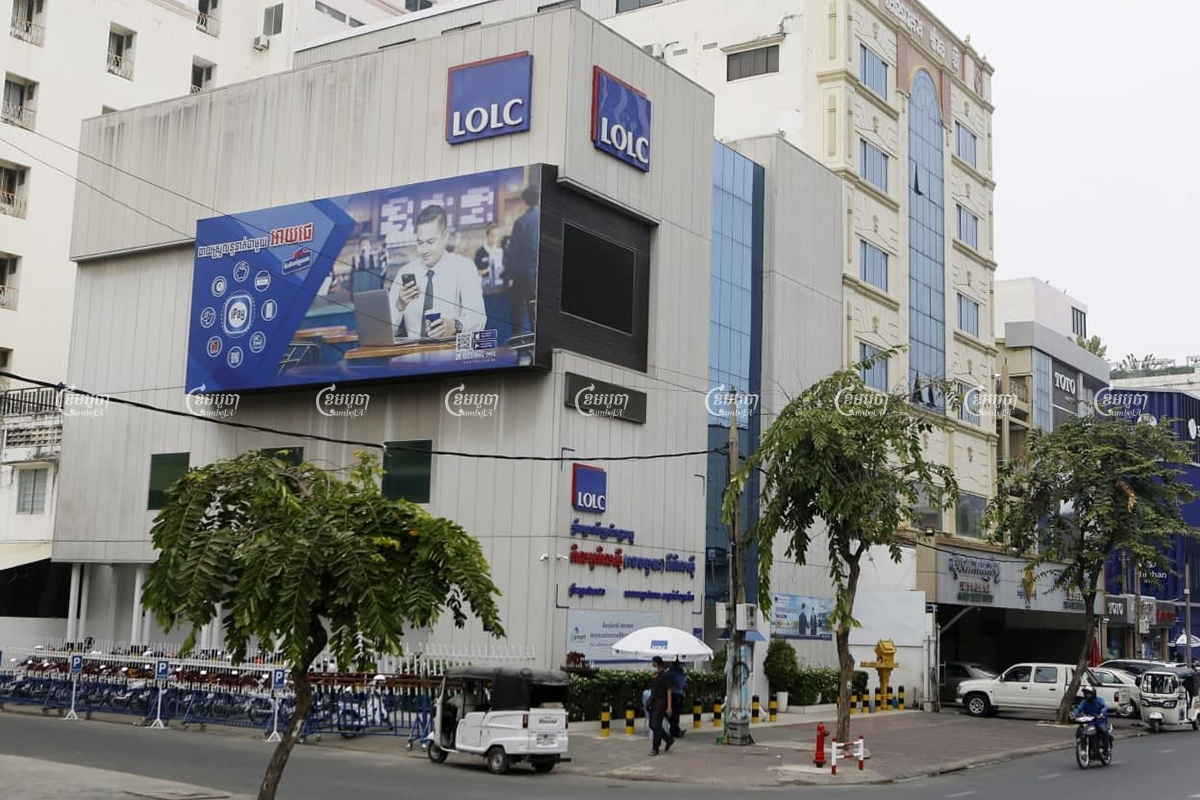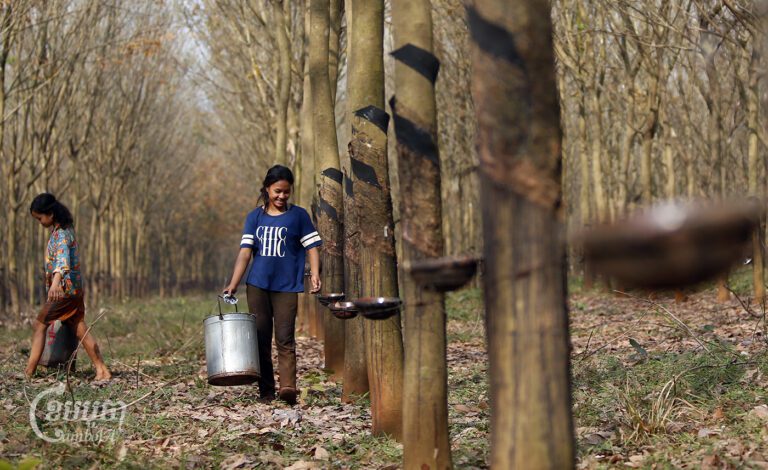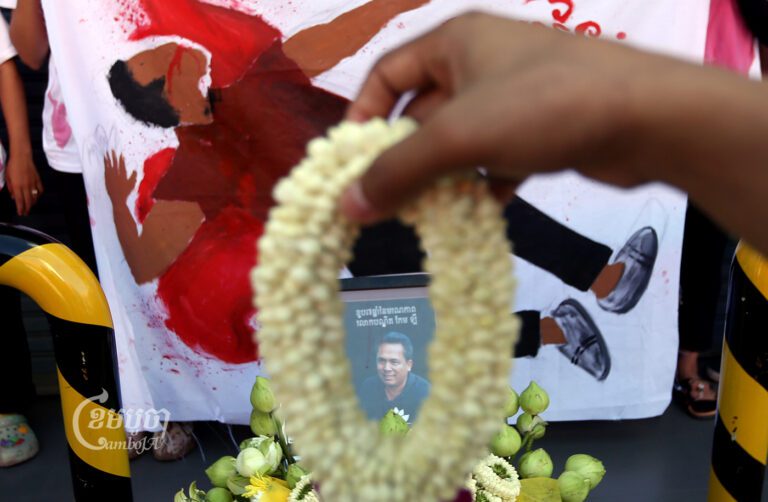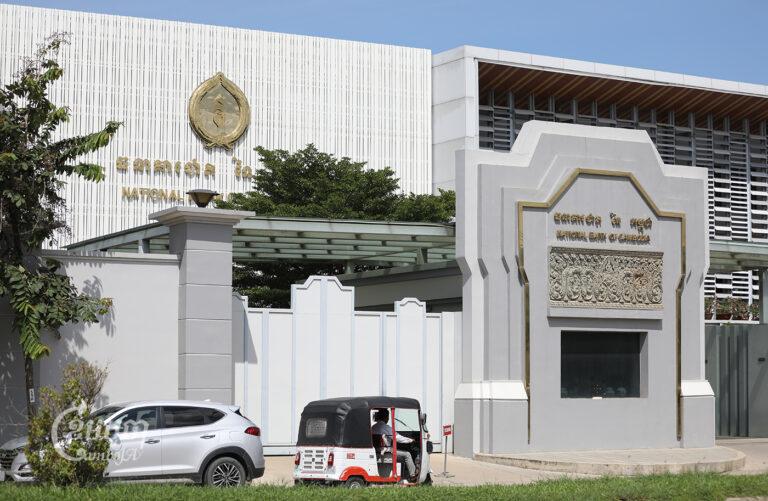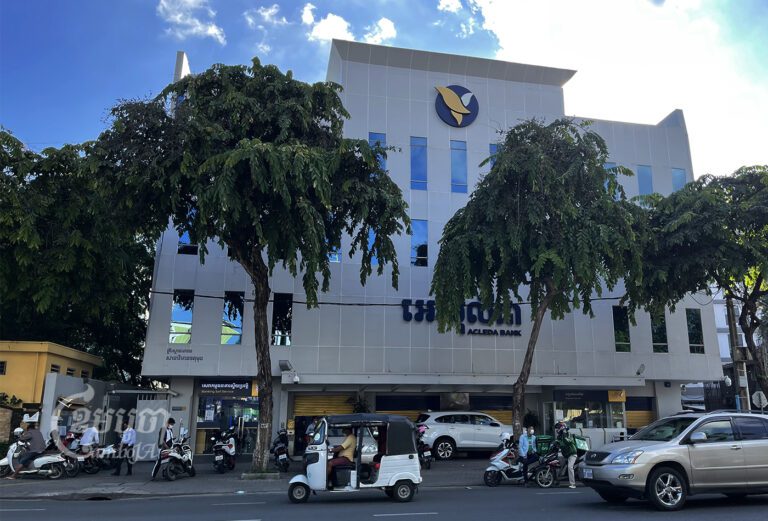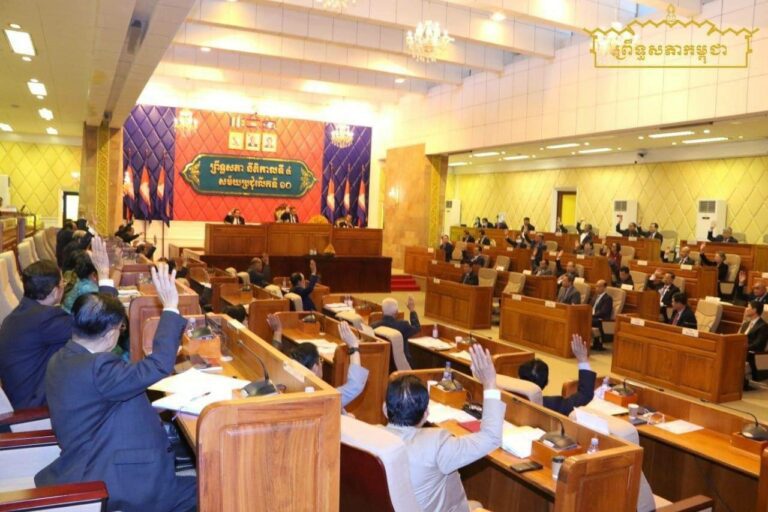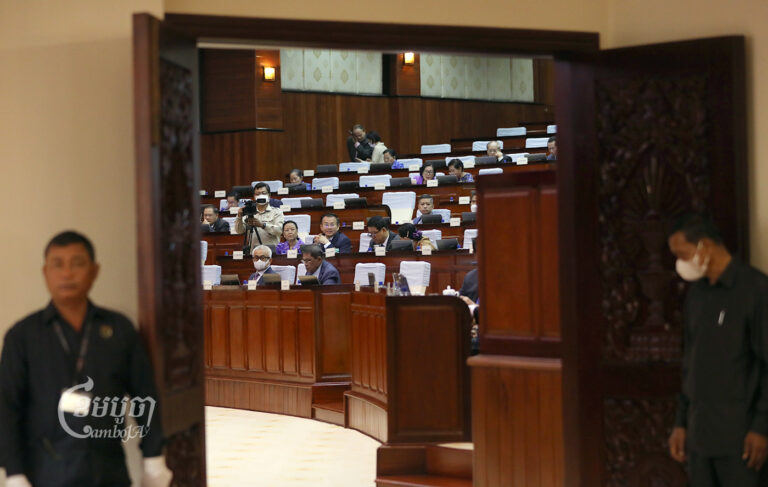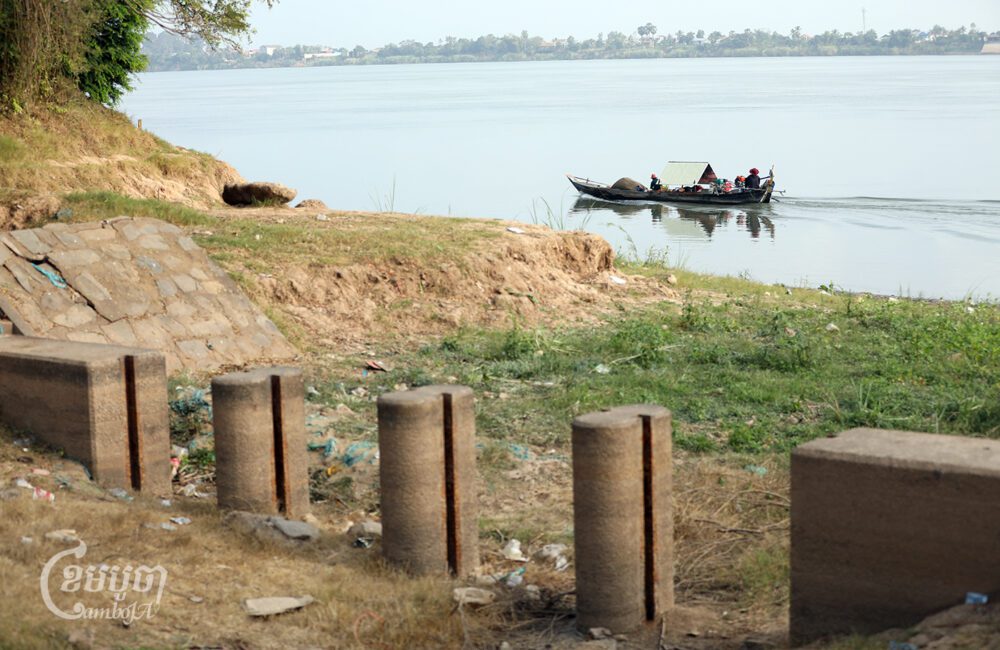On Tuesday, 103 non-governmental organizations, farmer communities, associations and worker unions publicly called on the government to direct financial institutions to suspend all loan repayments and interest accrual for at least three months, saying that loan restructure is not enough.
“So many people are afraid of losing their land or house due to repaying late, a case-by-case restructuring programme is simply not enough,” the organizations wrote in a public statement. “This means that in nearly all cases we have witnessed, banks and MFIs are suspending principal payments but continue to collect interest payments, and to calculate interest on these loans.”
The group said this has resulted in record profits for some microloan providers as household incomes continue to fall as a result of the COVID-19 pandemic. That profit comes at the cost of larger debt burdens for borrowers after restructuring ends.
The joint statement included signatures from rights groups and organizations representing workers in sectors including garment production, tourism, entertainment, construction and aviation.
“We are asking the government to help millions of people by ordering the profitable financial sector to help carry some of the economic burden” the statement read. “Borrowers are losing their land, foregoing medical care, and risking their health and safety during the pandemic to repay these debts.”
The group said a three-month loan suspension, with the possibility of further extension, will help borrowers safely stay home during a growing COVID-19 outbreak that has crushed household incomes, especially for those already vulnerable to economic shocks such as farmers, migrant and informal workers, small business owners and the poor.
Though the group of signatories praised the government’s cash transfers during the pandemic to many IDPoor recipients, as well as state subsidies of garment worker wages, the signatories also wrote the government had not taken similarly swift action to offer relief to borrowers from microfinance institutions.
Yang Sophorn, president of Cambodian Alliance Trade Unions, undersigned the joint statement and said workers are currently earning far less as they struggle for employment.
“Some of them just work part-time on a reduced workload. They earn not even enough for daily living, so how can they spare some [money] to pay an interest rate or principle,” she said, pointing to research suggesting about 90% of garment workers are indebted to MFIs. “Paying that interest rate does not help the workers for sure as they keep paying during the hard time.”
Meas Soksensan, spokesperson at the Ministry of Economy and Finance, said his ministry and the National Bank of Cambodia (NBC) have so far cooperated with the private sector to ease the financial burdens of the public.
“The Ministry of Economy alone cannot address the issue,” he said. “Both [the ministry] and NBC will continue to find the appropriate solution for the situation.”
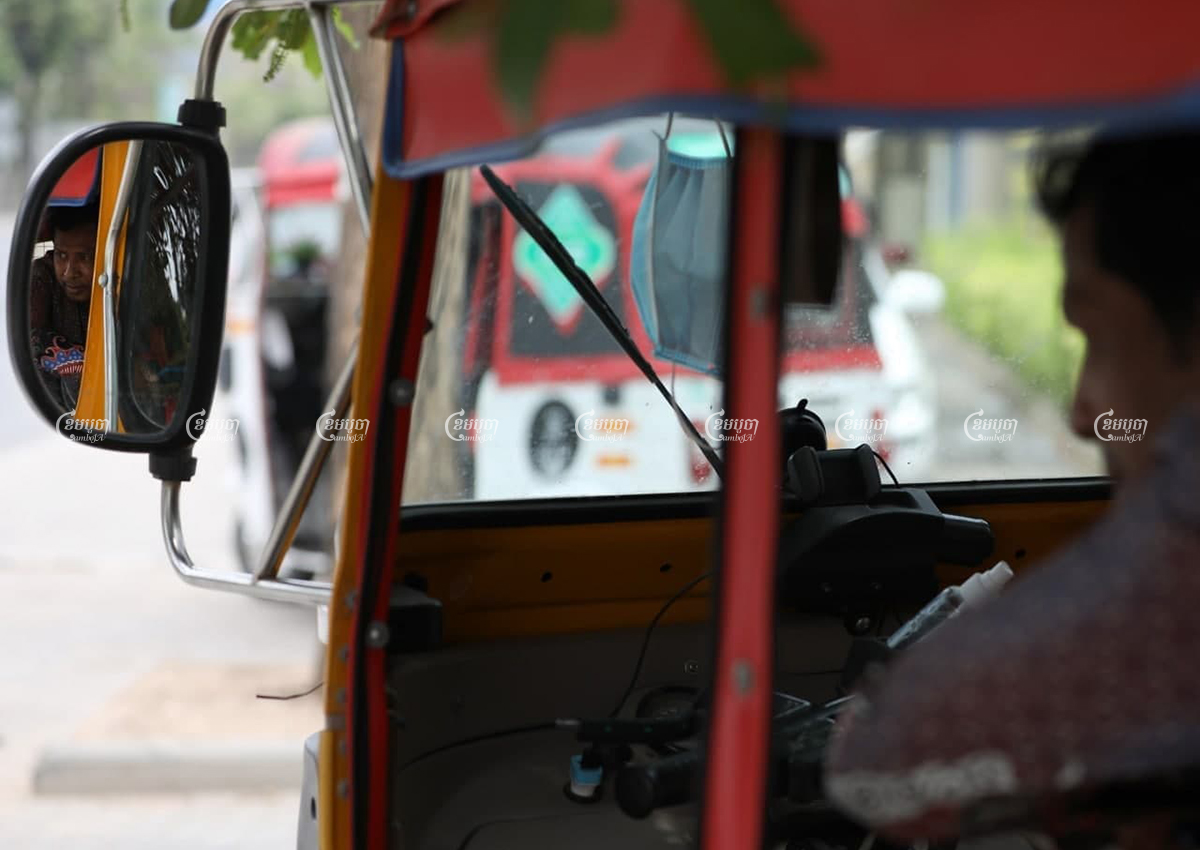
Kaing Tongngy, a spokesperson for the Cambodia Microfinance Association (CMA), said the call to freeze repayments is not a surprise, given the economic impacts of COVID-19. At the same time, he said MFIs have obligations to customers who hold savings deposits and expect to be paid the regular interest rate on their funds, even in times of wider economic crisis.
“One [solution] cannot be applied to two million customers or it will cause the financial sector [which is already] in trouble to face a huge impact. We are also under pressure, we can help [borrowers] as much as possible, [but] we cannot go beyond our capacity, as we also need to survive,” he said, adding that MFIs have previously provided repayment suspensions to customers hit hard by the economic fallout of the ongoing outbreak.
According to the CMA, its 114 members have, as of March, already provided loan restructuring for about 300,000 customers for total loans valued at $1.4 billion.
The Ministry of Economy and Finance and NBC last month asked property developers and financial institutions to examine the possibility of easing installment payments, waiving late payment penalties and introducing other measures to protect consumers.
Last year, NBC issued a directive to all banks and financial institutions to restructure loans in order to maintain financial stability, support economic activity and ease the burden of debtors facing major revenue declines who may find it difficult to repay loans during the ongoing COVID-19 outbreak.
Financial institutions keep healthy growth
However, far from struggling to survive, many in the financial sector have thrived in this past year.
Some of Cambodia’s leading financial firms, including traditional lenders ACLEDA Bank and Hattha Bank, as well as microfinance institutions LOLC Cambodia and PRASAC, have enjoyed very strong growth in the past year in terms of both revenue and profit.
For all four institutions, 2020 was a good year for business even as the economy as a whole struggled to keep its footing.
PRASAC recorded in 2020 a total income from interest of $435 million, while its net profits grew to $110 million. Those are increases of 21.5% percent and 5.7%, respectively, from the year prior. Fellow microfinance provider LOLC posted a total interest income of $163 million, an increase of 27% from 2019. LOLC’s net profit also increased to $44 million, a hefty increase of 25% from 2019.
Among bigger lenders, Hattha Bank saw total revenue up 23% from 2019, growing to more than $179 million. ACLEDA Bank, which is listed on the Cambodia Securities Exchange and is one of the country’s largest banks in terms of customers, reported a total revenue of more than $580 million, an increase of more than 5.9% compared to 2019. The bank’s profit grew to more than $141 million, an increase of almost 17.8% from the year before, with total assets of greater than $6.5 billion.
Meanwhile, Mar Amara, ACLEDA executive vice president and CFO, said the strong growth was a product of a bigger loan portfolio, adding that the bank had reduced interest rates for all new loan applications.
“The government measures and policies to help mitigate the impact [of COVID-19] and stimulate economic growth, enable us to support business activity for affected companies whose business is in difficulty, especially those in the [small to medium-sized enterprise] market which is the country’s economic backbone,” she said.
Amara said that in 2021, the bank is ready to provide additional loans of about $600 million to support small to medium-sized enterprises.
Sok Voeun, the CEO of microfinance lender LOLC, said COVID-19 has not hurt the company’s profits as its loan portfolio experiences soaring growth.
“It does not affect the company’s operation and does not make for a loss. The company’s financial situation has remained strong, and still profitable, he said.
LOLC has more than 300,000 customers with a total loan portfolio valued at more than $900 million as of March. The microfinance lender has provided loan restructuring to more than 500 customers with debts valued at $240 million, according to Sok Voeun.
As of 2019, Cambodia’s total microfinance debt had hit $8 billion, roughly $3,370 per borrower, according to reports compiled by local rights groups Licadho and STT.
Those groups emphasize the total sum far exceeds the country’s 2017 GDP per capita of $1,384 and is the highest microloan debt average in the world.


